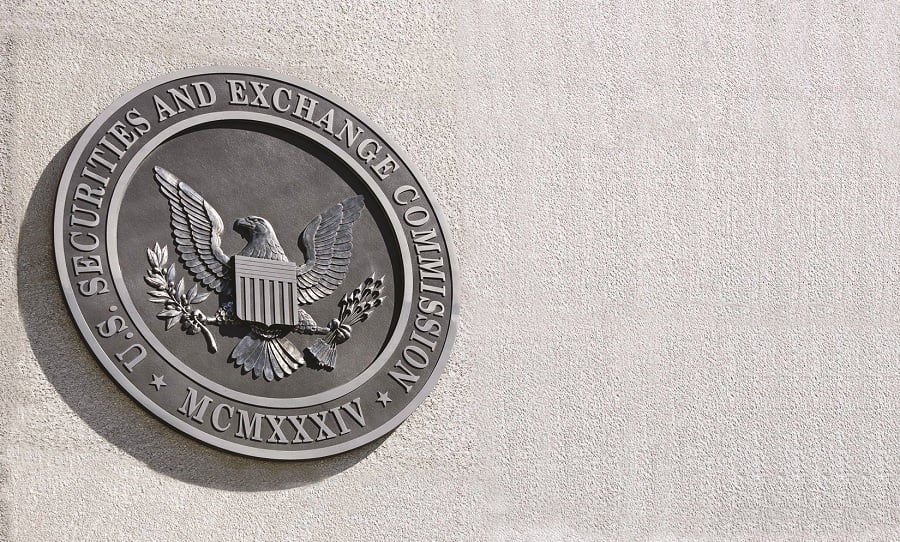

Merrill Lynch and Harvest Volatility Management have agreed to pay a combined $9.3 million in penalties and disgorgement following charges that they exceeded client investment limits on a complex options strategy, according to the SEC.
On Tuesday, the regulator announced the sanctions after an investigation revealed a failure to follow client instructions regarding exposure limits in an options trading strategy, leading to higher fees and increased market risk for investors.
The statement from the SEC explained that Harvest Volatility Management served as the primary investment adviser and portfolio manager for the Collateral Yield Enhancement Strategy, which aimed to generate additional returns by trading options linked to a volatility index.
"CYES sought to generate returns by collecting option premiums from a portfolio of short-dated option spreads on the S&P 500 index (“SPX”): selling options to generate premium while simultaneously purchasing further out-of-the-money options to manage risk," the SEC's order against Harvest said.
Over a roughly two-year period beginning in 2016, Harvest allegedly allowed numerous client accounts to exceed their designated exposure limits. In some cases, exposure levels surpassed the agreed-upon thresholds by 50 percent or more, resulting in greater financial risk for investors.
Meanwhile, the order against Merrill Lynch explained its role in introducing eligible ultra-high-net-worth clients to the CYES strategy. It received part of Harvest's management and incentive fees, as well as trading commissions.
"As a result of Harvest’s failure to adjust contracts for certain clients introduced by Merrill ... Harvest charged those clients excessive management fees, of which Harvest paid approximately $2 million to Merrill," the order read. "Merrill also received approximately $1 million in excess commissions to execute options transactions directed by Harvest."
While Merrill was aware of the excessive exposure levels, it did not adequately inform affected clients, the SEC said. It explained that while representatives worked with some investors to pare back their exposure or work out new schedules to their investment management agreements, other investors remained over their designated limits.
“In this case, two investment advisers allegedly sold a complex options trading strategy to their clients but failed to abide by basic client instructions or implement and adhere to appropriate policies and procedures,” said Mark Cave, associate director of the SEC’s Enforcement Division. “Today’s action holds Merrill and Harvest accountable for dropping the ball in executing these basic duties.”
As part of the settlement, both Merrill Lynch and Harvest agreed to pay fines without admitting or denying the findings. Harvest will pay $2 million in penalties and $3.5 million in disgorgement, while Merrill will pay $1 million in penalties and $2.8 million in disgorgement. Both firms have been censured and agreed to cease-and-desist orders.

Relationships are key to our business but advisors are often slow to engage in specific activities designed to foster them.

Whichever path you go down, act now while you're still in control.

Pro-bitcoin professionals, however, say the cryptocurrency has ushered in change.

“LPL has evolved significantly over the last decade and still wants to scale up,” says one industry executive.

Survey findings from the Nationwide Retirement Institute offers pearls of planning wisdom from 60- to 65-year-olds, as well as insights into concerns.
Streamline your outreach with Aidentified's AI-driven solutions
This season’s market volatility: Positioning for rate relief, income growth and the AI rebound
